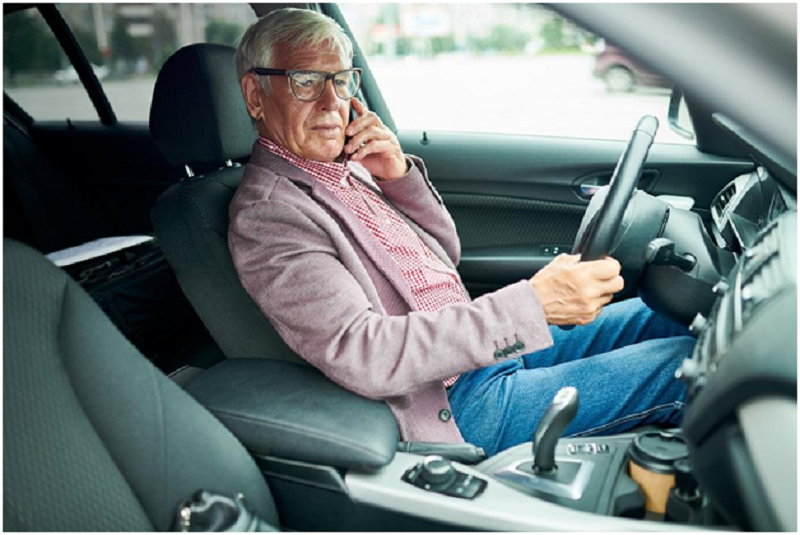
If there’s an elderly family member in your life who is still driving, then you maybe know that it can be difficult trying to take away the keys.
Many older people want to stay independent for as long as possible, and driving is one of the last things that they want to give up before they admit that they are older and might need to stop.
There are several signs that could indicate that an elderly person you love needs to stop driving.
1. Delays
Pay attention to your loved one’s response times while driving. If they begin to get delayed over time, then you might want to try convincing them to let go of the car. Delayed response times can sometimes lead to an accident due to not braking fast enough or not accelerating quickly enough when hitting the interstate.
2. Distractions
If an elderly person becomes easily distracted while driving, then it could mean that they need to stop driving. Driving requires your full attention, and if someone can’t offer their full attention, they may run a stoplight or injure a pedestrian.
It could also result in missing a road that the person was supposed to turn on or even running over objects on the road.
3. Confidence
When you start driving as a teenager, you’re usually mentally prepared to get behind the wheel. You want to show everyone that you know what you’re doing and that you’re prepared to tackle all road conditions and scenarios. When you’re older, you might lose that confidence.
You might not feel like you can drive on the interstate because the speed limits are too high. If you know someone like this, then you might want to talk to them about surrendering the keys so that they stay safe.
4. Driving the Car
While you’re in the car with the person, pay attention to how different vehicles movements are made, such as taking turns and lane changes. They should be made with ease, not in a jerky manner.
The person should also stay in one lane instead of veering into another lane and into oncoming traffic. Slow or unsteady movements can pose a serious safety issue and should be discussed with the person driving.
5. Hitting Objects
When an elderly person starts hitting various objects on the road, then it’s usually a sign that it’s time to stop driving. Here are only a few of the most common objects an elderly driver might bump into:
- Parked cars
- Mailboxes
- Trees or bushes
- Garage doors
Take a look at the person’s car after it’s been on the road for any length of time. If there are any new dents or scrapes, you want to carefully approach the person about what happened. Don’t yell or get angry because it could make the person shut down or get angry themselves.
Instead, offer encouragement and support, showing that you’re going to be there for the person when they need to go someplace during the transition to stopping driving.
Get Help
If you’re unsure of how to approach your loved one about driving, then consider planning a meeting with a few other family members. It is often easier to talk about a problem when there are multiple people together. You could also meet with the person’s treating doctor since a professional opinion can be more persuading.
And if your loved one was severely injured in a car crash, get professional help from a car accident lawyer. A specialized attorney can prove that your loved one hasn’t caused the accident and has a right to compensation.
In some states, an injured driver can get compensation for their injuries even if they were partially at fault for the traffic collision. So, talk to a car accident attorney today!
